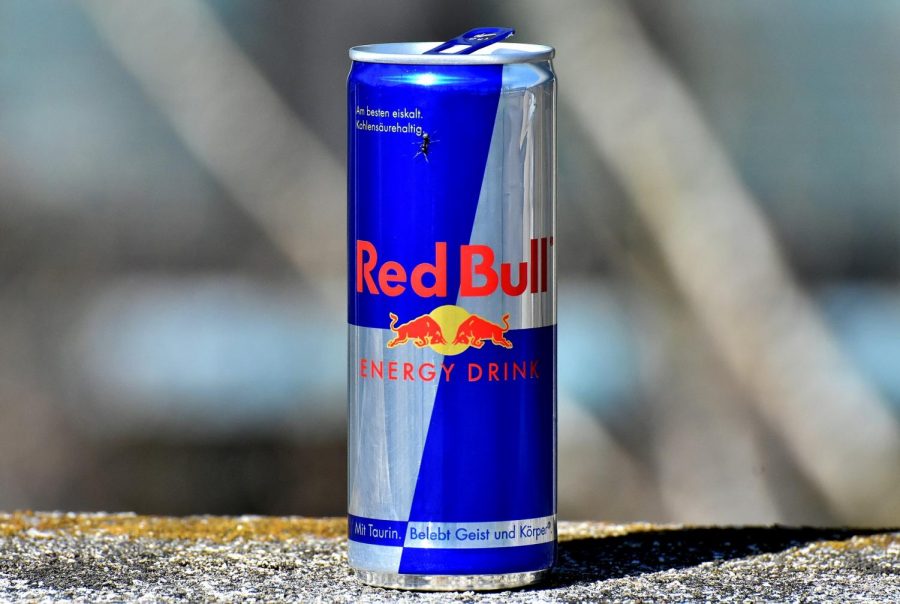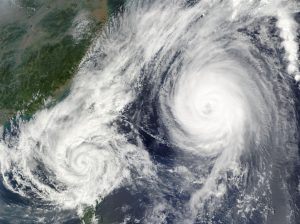The Effects of Energy Drinks on Athletes
M. Toppin discusses the real and often overlooked facts of energy drinks.
November 12, 2020
Some athletes assume that by drinking energy drinks they will be more energetic and improve their performance. Student athletes are under a great deal of pressure because they are expected to perform well in their sport, perform well academically, maintain their social life, and teenagers inherently don’t get enough sleep, all of which leads to anxiety and stress. They will then look for something to release all their anxiety and relieve their lethargy. Energy drinks are widely available and may seem like an easy solution.
There is some truth to this, energy drinks will make you more energetic due to the excessive amount of caffeine in them. However, there are many negative effects that energy drinks can have on your body.
Energy drinks contain a lot of caffeine and consuming an excess intake of caffeine can result in anxiety, restlessness, tremors, irregular heartbeat, and trouble sleeping. These are all side effects that clearly will negatively impact student athletes.
Studies from Medical News Today show that caffeine enters the bloodstream within 10 minutes of consuming an energy drink, triggering a rise in heart rate and blood pressure. Over the following 15-45 minutes, caffeine levels in the bloodstream peak. As a result, an individual will feel more alert and experience improved concentration. All of the caffeine is absorbed within 30-50 minutes of consuming an energy drink and the liver responds to this by soaking up more sugar into the bloodstream.
Within an hour, the effects of the caffeine will begin to subside and a sugar crash may occur. Energy levels will begin to feel low and tiredness will set in. It takes an average of 12 hours for the body to completely remove the caffeine from the bloodstream, though this depends on individual factors.
“Importantly, children and teenagers have a significantly longer half-life, meaning caffeine will remain in their bloodstream for longer and at higher levels than for adults. This is why caffeinated drinks can cause behavioral problems and anxiety issues in children,” Dr. Farrimond told The Daily Mail.
Individuals who consume energy drinks regularly may experience caffeine withdrawal in the 12-24 hours after consumption, which includes symptoms such as headache, irritability and constipation.
The Center for Science in the Public Interest says that there are a total of 34 deaths that have been linked to energy drinks. Of those, 22 deaths have been linked to 5-Hour energy, 11 deaths have been linked to Monster, and one death has been linked to Rockstar.
“As I see in my medical practice, energy drinks are clearly causing symptomatic arrhythmias,” said Dr. Stacy Fisher, director of complex heart diseases at University of Maryland School of Medicine. “These new reports of deaths and other injuries raise the level of concern about the adverse effects of energy drinks.”
Energy drinks are one of the fastest growing beverage products on the global market.
Red Bull, Monster, 5-Hour Energy and Rockstar are examples of popular energy drinks.
Red Bull is one of the most active companies in the functional beverage market.
Grand View Research reports that the global energy drinks market was valued at $43 billion in 2016. The industry is expected to witness a high growth on account of growing consumer’s health consciousness and hectic lifestyle.
The worldwide market is projected to increase to $84.8 billion by 2025.
Teens alone have consumed $16.3 billion worth of energy drinks in 2016, and adolescent consumption is only expected to rise.
It’s important for student athletes to understand the difference between energy drinks and sports drinks. Sports drinks are exceptionally better for you, especially when working out.
The most popular sports drinks include Gatorade and Powerade. Sports drinks contain electrolytes, carbohydrates, and sodium, which are depleted during exercise.
According to Bridge Blog, Electrolyte products that contain sodium and carbohydrates are ideal during exercise. The sodium replaces lost electrolytes and helps the body utilize carbohydrates. When consumed appropriately, sports drinks can positively impact a student athlete’s performance.
Any benefits to athletes consuming energy drinks are outweighed by the risks of them.






